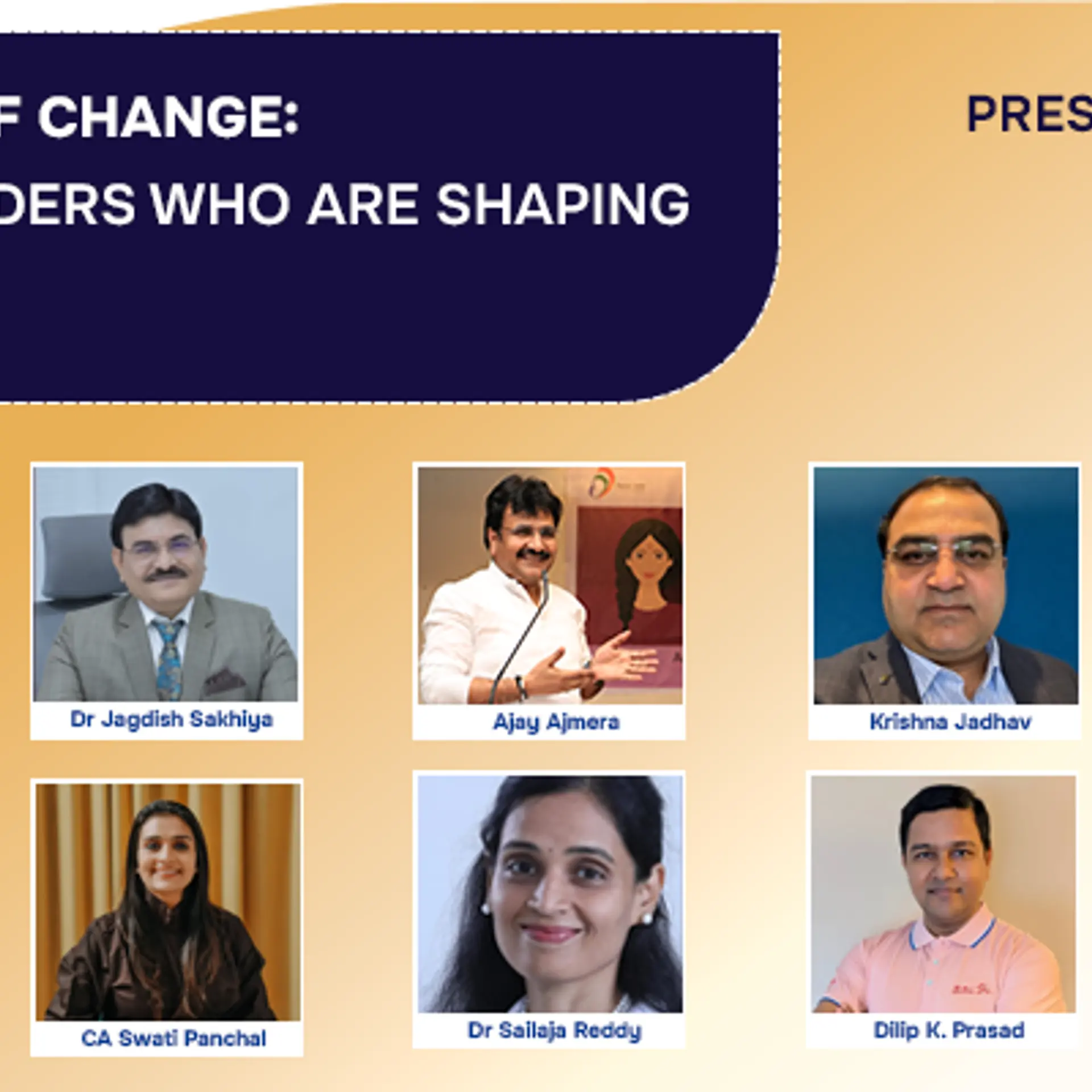Should every startup scale?
Not every startup ought to scale, and scale doesn’t always mean adding people, offices, customers, or even revenues. Here’s how to understand scale and its impact.
A question every founder gets quizzed on within the first few minutes of any conversation is–How many people work in your company? A more colloquial question is, How big are you?
Such demands, however earnest, hint that to be worthy of being called an entrepreneur and running a startup you must scale. And if you don’t scale, you are not serious about what you are doing.
The question is–should every startup scale? Is scale the only proof of your ambition? And if so, what scale would be sufficient to justify that indeed the person is serious about the affair?
This is a rather daunting question to women entrepreneurs, who don’t necessarily enjoy or aim for scaling their operations. Doing more of the same isn’t the only measure of scale and we need to correct some misconceptions about the size if India wishes to see more startups fuelling its economic and social growth. So, let’s set a few things right.

Not every solution is designed to be scaled
If you ask locals in any city as to what’s the best place for shopping, or eating, or buying some handmade antiquities, they would most likely direct you to one shop in the olden part of the city, where you would get ‘authentic’ stuff.
It’s the Chandni Chowk in Delhi, or the Crawford Market in Mumbai, or the Buda Bazaar in Kolkata. And there too you would have that one shop that’s always crowded and that’s your surest signal. Have you ever wondered why didn’t that shop bother to scale? It’s because they can’t replicate the magic; besides, scale would dilute the exclusivity and hence the premium.
There are certain solutions that are bespoke to the idiosyncratic problems at hand and such ideas are best suited to that limited, narrow cause. As long as you can remain relevant to the important problem and retain the niche, you don’t have to really bother about expanding. Expansion is typically the ask of investors and not inventors, or entrepreneurs.
Look at what happened to Bangalore-based Mast Kalandar. The quick-service restaurant was started by the husband-wife techie duo of Gaurav Jain and Pallavi Gupta in the late 2000s. By 2011, they vowed to expand to 100 branches in three years, just to see their operations getting wound up by the end of the decade. The pandemic did the last rites.
I was a regular at Mast Kalandar in Koramangala, Bangalore, and by 2017 started to see a sharp decline in the quality and cleanliness across the over-stretched expanse of its network, precipitating a shutdown. They adopted centralised kitchen, tied up with Ola for transport between hub and spokes, augmented with private labels and standardisation wherever possible and yet they couldn’t scale without dilution.
In the foods and beverage industry, scaling is inherently challenging. But in retail too, we have the case of Subhiksha, which even with some serious investment couldn’t scale. The likes of Aishwarya Departmental Store or Sowbhagya Traders makes more sense, as they understand the local nuances, maintain a tight control on their expenses, and keep their desires realistic.

Nature abhors indefinite scaling
Which species is found across the surface of the earth? It’s not any other animal but your's truly social animal. Only man is spotted pole to pole where most species of plants or animals won’t dare expand. And we do this by taming nature. No animal, no tree, no tribe, no jungle, no microbe grows indefinitely. Nature puts a limit on it.
And yet here we are, seeking perpetual growth, as if life’s worth is measured by quarter-on-quarter performance. Being a part of the nature, you must keep in tune with it, or else you risk being cancerous growth, whereby killing the host.
Casting the discussion to the context of startups, there’s a finite capacity for every market. There are markets where multiple pockets of reasonable-sized niches exist and prey-predator pairs sustain. A crude analogy here would be to call the startup the predator and the customers the prey.
However, in a slightly different vein, the investors might well behave predatorily. So, learning from nature, if a startup can maintain its ecosystem with suppliers, partners, customers, competitors and other parties well managed, any pursuit of scale will bring along disruption. The key is to sustain the ecosystem by enriching it.
A good case in point is FabIndia. Started in 1960 by an American businessman John Bissell to export home furnishing from India, the company opened its first store in 1976 in Greater Kailash in Delhi and very slowly scaled the operations.
Today, it has 330 stores across 105 Indian cities and offers a host of products, ranging from garments to furniture and organic food to personal care. Most of its expansion happened when the backend was made robust over the years.
A yet better example is DMart, which in its 20 years of profitable growth has managed to expand to 306 stores across 14 states in India, and all stores operate well. No ramp downs, unlike Big Bazaar.
Like nature, the shoots shoot only when the root has taken a solid hold. In fact, most of the plant is invisible for the time that the roots are getting entrenched. So, a solid foundation is a prerequisite for disciplined growth. Finally, the role of technology.

Technology changes the arithmetic of scale
Netflix has over $36 billion in revenues for around 12,000 employees. That’s almost a revenue contribution of $3 million per employee. For the company to become $100 billion it won’t have to be an army of 30,000 employees. Which is to say the company would scale non-linearly. What would scale is technology and that would fold in terms of its complexity.
Whereas Infosys has a revenue of over $16 billion with more than 3.35 lakh employees. For Infosys to be of the size of Netflix, in current terms, it would have to blow up to the size of a town. It’s untenable. That’s the power of software, intellectual property, and novel business models.
In light of artificial and generative intelligence, advanced technology has become a serious option to organisations where they can reach a large size without adding people, or even augmenting more services and products. Think of how Indigo is using self-check-in and a host of other technologies to lower the load on its ground staff while adding newer destinations.
Smart companies of the future won’t think of scale in terms of the number of people or geographical presence, or even any conventional metrics, but in terms of its influence on the ecosystem, in terms of setting standards.
That’s what Intel did long back with the invention of USB technology or Qualcomm with the popularization of the CDMA technology. These are network effects at play.
This calls for significant investment in generating intellectual property, and that’s still some way to go for Indian startups. We are, for now, filling information asymmetries and addressing structural inefficiencies.
In summary, not every startup ought to scale and scale doesn’t always mean adding people, offices, customers, or even revenues. If you are happy with what you have got and are able to retain the niche with substantial value to the customer, you needn’t worry too much about scaling.
The key is to not fall for what investors are seeking. Their agenda is seldom the same as yours. Be honest to your calling. And scale, at will!
Edited by Megha Reddy










